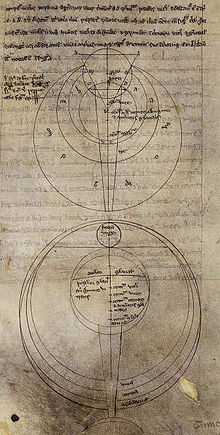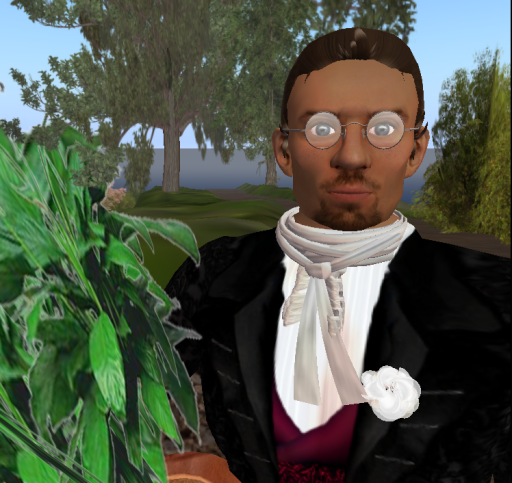Readings in Optics from Doctor Mirabilis' Opus maius
Having been engaged in close study of small objects, and suffering from less than perfect eyesight as I do, I was inspired by some passages I came across in a rare copy of the English Friar Roger Bacon's work, the Opus maius, which describes not only the workings of the eye now more or less familiar to us but also the mechanical art of magnification using lenses. These papers were copied directly from those Bacon provided for Pope Clement IV around 1265.
Bacon indicates some debt to Alhazen and Ibn-Sahl. It appears that such lenses may have been in use for centuries already, and it is only the difficulty in crafting them and the associated cost that keeps them from being a part of every student's basic equipment.

Bacon indicates some debt to Alhazen and Ibn-Sahl. It appears that such lenses may have been in use for centuries already, and it is only the difficulty in crafting them and the associated cost that keeps them from being a part of every student's basic equipment.
((The inventor of the magnifying glass in the Western world is likely Roger Bacon of the Order of Friars Minor, circa 1214-1294, an English philosopher and Franciscan Friar, lecturer at the University of Paris, master at Oxford University, a deeply religious person also sometimes also named as the father of modern science. Certainly, he was a champion of scientia experimentalis, the use of experiments to discover such truths as can be discovered as opposed to the reliance on prior authority or allegedly divine revelation.))
I am aware of experiments with larger scale magnification as well, so called 'microscopes', a neologism derived from the Greek, which were made in the Netherlands in the 1590s, by Galileo in 1625, and, of course, famously by van Leewenhoek, the discoverer of micro-organisms, in 1676. My experiment has to do with creating microscopes and magnification lenses for 17th century France.
I have completed two prototypes, a handheld magnifier and a simple microscope, and will offer examples them both for sale as a set in my shop for a modest fee.
By my hand, on this date,
~Eleas LeRoux



I'm afraid it is a little difficult to find in the Catacombs Marketplace at Languedoc Couer. I would certainly welcome any visitors! http://slurl.com/secondlife/Languedoc%20Coeur/183/131/22/?title=Materia%20Medica%3A%20Eleas%20LeRoux%20Apothicaire
Maybe this so called "magnifying glass" can help the Carabinieri to find traces about the identity of the villain who already slaughtered two women in Venice?
That would certainly be fortuitous ... with due respect to the Carabinieri, the glass, of course, merely amplifies the potential for close observation rather than guarantees it to occur. Which is to say that it may be of some small help to a great investigator, one who will not easily lose the forest for the trees (or the branch for the leaves), but may not serve an ordinary one particularly well. One needs to direct the magnifier towards the right things. Who is on this case? Perhaps I can send a letter.